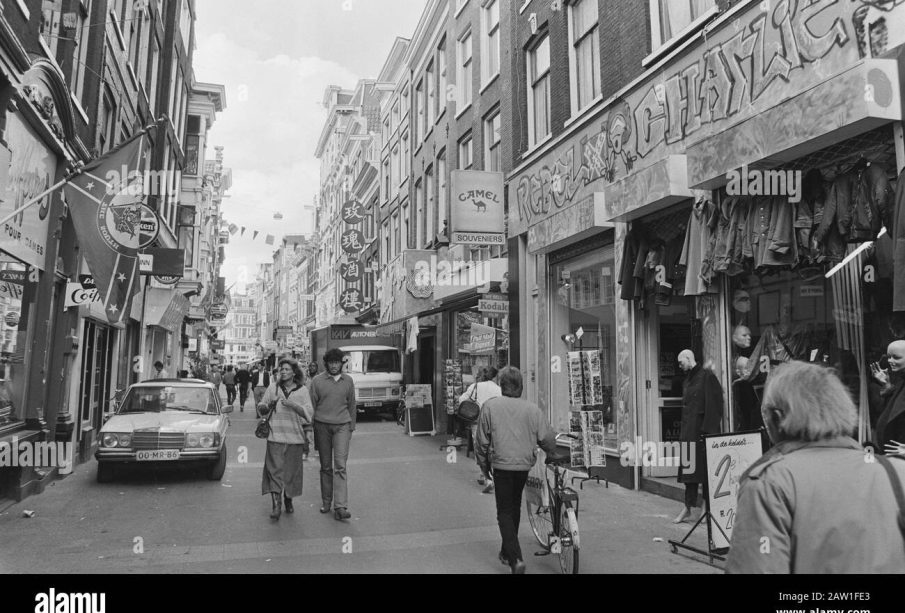Unveiling the Charms of Amsterdam

The Importance of Amsterdam
Amsterdam, the capital of the Netherlands, is recognized for its artistic heritage, elaborate canal system, and narrow houses with gabled facades, which are a reflection of the city’s Golden Age. Its significance extends beyond being a popular tourist destination, as it stands as a cultural and economic hub in Europe. Recently, key developments in tourism and urban policy have drawn attention to Amsterdam’s efforts to balance its rich history and vibrant culture with the challenges of overcrowding and sustainability.
Recent Developments in Amsterdam
As of late 2023, Amsterdam has been implementing new tourism policies aimed at reducing overtourism while promoting sustainable travel. In 2022, the city introduced stricter regulations on short-term rentals and increased taxes on tourists. These measures aim to prevent the devaluation of local neighborhoods and preserve the city’s heritage. The city has also focused on promoting lesser-known attractions to distribute tourist traffic more evenly, encouraging visitors to explore beyond the popular areas such as the Rijksmuseum and Anne Frank House.
Furthermore, Amsterdam’s cycling infrastructure continues to expand, enhancing its reputation as one of the most bike-friendly cities in the world. With an ongoing commitment to environmental sustainability, Amsterdam aims to reduce carbon emissions significantly by 2030, making cycling not just a leisure activity but a viable transport method for residents and visitors.
Amsterdam’s Cultural Significance
What makes Amsterdam stand out is its rich and diverse culture epitomized through its museums, festivals, and vibrant neighborhoods. In addition to classic art museums, the city is home to dynamic street art scenes and annual events like the Amsterdam Dance Event, showcasing new talent and attracting visitors worldwide.
The atmospheric canals of the city, a UNESCO World Heritage site, enhance its charm and are not only picturesque but also integral to Amsterdam’s history, facilitating trade and transport since the 17th century. Moreover, the city’s cafes, bars, and restaurants offer a unique blend of traditional Dutch cuisine and international flavors, reflecting its multicultural influences.
Conclusion: The Future of Amsterdam
Amsterdam’s future as a global city lies in its ability to adapt to modern challenges while retaining its unique character. With its ongoing policies promoting sustainable tourism and urban living, the city is poised to remain a major attraction for both tourists and residents. The balance of honoring historical significance while embracing modernity is crucial to ensuring that Amsterdam continues to thrive as one of Europe’s premier cities. For travelers, Amsterdam remains a captivating destination that promises not only beauty and history but a commitment to a sustainable future.





